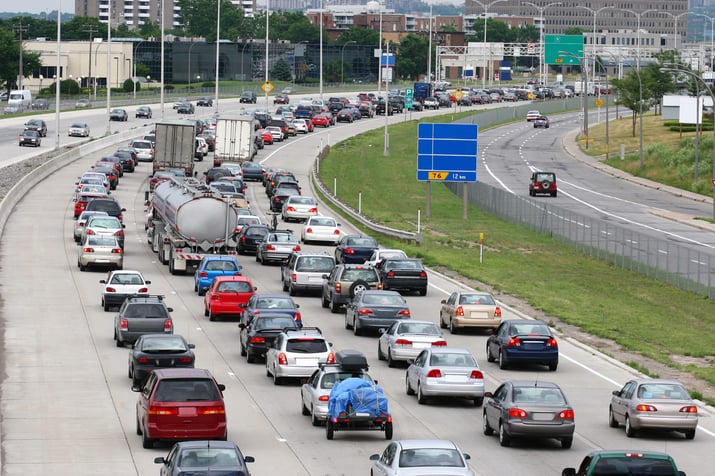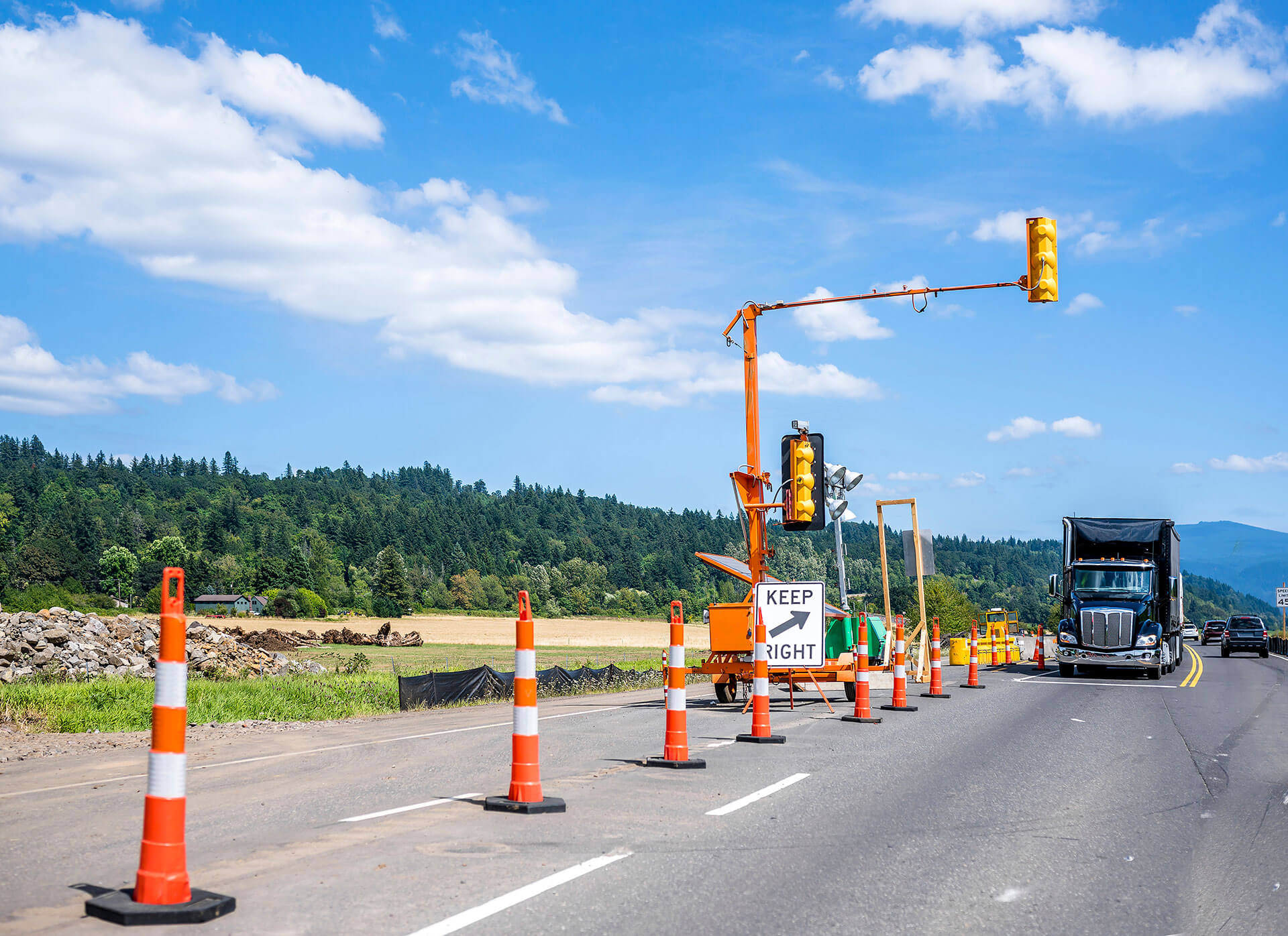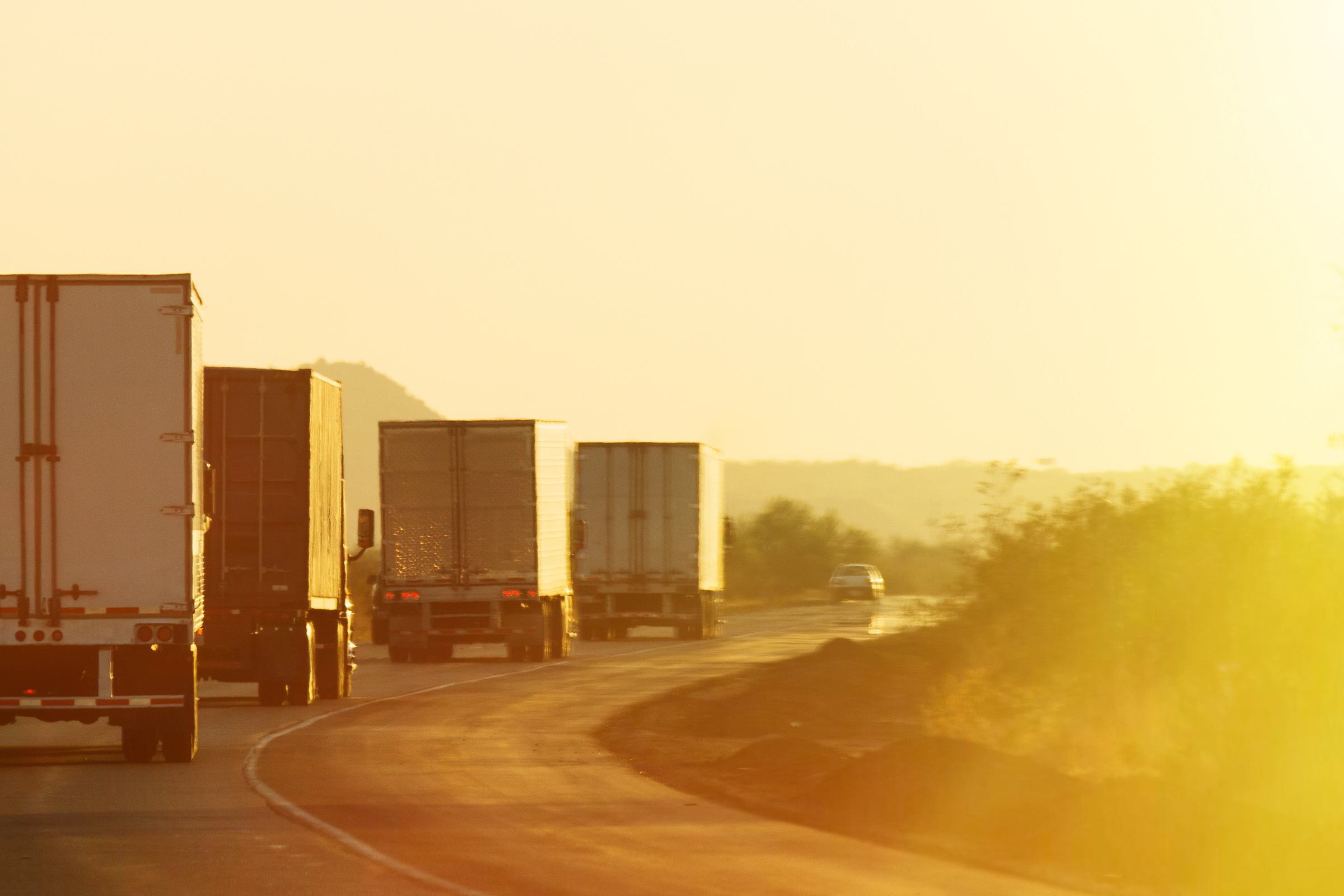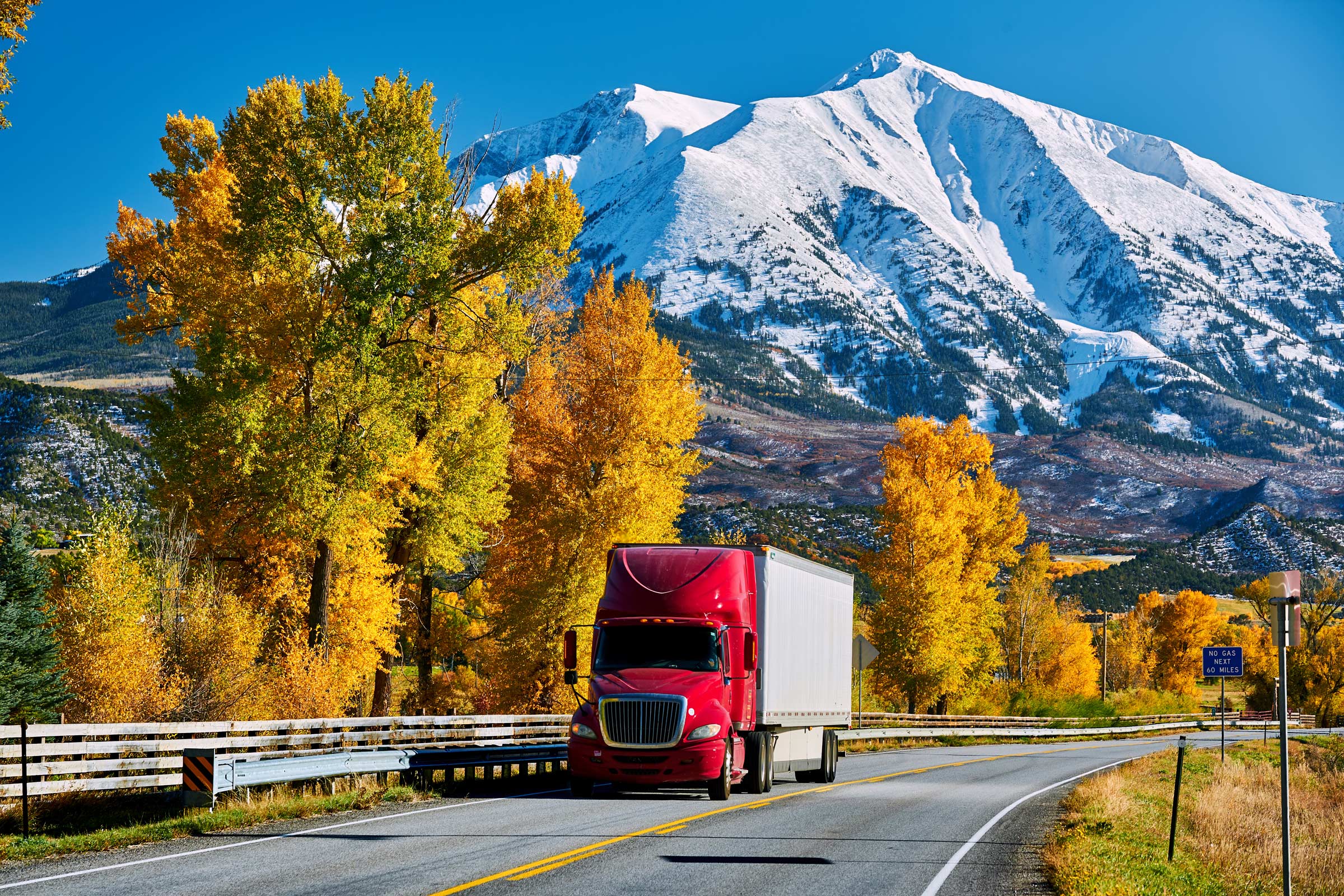Sharing the Road with truck drivers

Many “Share the Road” initiatives speak to the drivers of passenger vehicles and focus on how to drive around large trucks, motorcyclists, etc. This approach is good to learn from, but truck drivers must also look at how they drive around others and practice similar techniques. Read the information below and ask yourself if there are actions you can take to Share The Road.
RECOGNIZE THE HAZARDS
ENVIRONMENT
![]()
Driving in construction zones, in congested traffic, and in urban areas with bike lanes and pedestrians—all of these situations have the potential for hazards to appear suddenly. In addition, sharing the road with emergency vehicles and vehicles stopped on the side of the road are hazards truck drivers must account for.
EQUIPMENT
![]()
Large blind spots make it difficult to see others around the truck, like cars, motorcyclists, pedestrians, and bicyclists—all of which come out in full force during the summer months. Likewise, making wide turns can lead to your truck encroaching on adjacent lanes.
PERSONAL BEHAVIORS
![]()
Aggressive driving including hopping lanes, tailgating, distracted driving, and failing to yield the right of way are risky behaviors that can cause a preventable crash.
KNOW THE DEFENSE
Move over
![]()
Slow down and move over for emergency vehicles. It is the law in all 50 states. Also, move over for vehicles stopped on the side of the road. Be alert for pedestrians changing a tire or servicing a disabled vehicle.
Manage the space around your truck
![]()
Monitor the blind spots all around the truck by making quick glances to mirrors. Keep the windshield and dashboard clear and uncluttered. Before changing lanes, use the “lean and look” method to verify the right front corner of the tractor is clear. If you think a motorcycle is present, slow down to ensure that the rider clears the tractor before you change lanes.
slow down
![]()
If a vehicle cuts in front of you or is tailgating your trailer, slow down and add more following distance. Giving yourself more room to stop allows you to slow down gradually when traffic ahead slows or stops. Also, be mindful that motorcyclists may downshift to slow down, so you may not see a brake light to indicate they are slowing.
yield the right of way
![]()
Any time the right of way is in question, it is safest to yield to others. Also, allow other vehicles to merge when their lanes are ending, and do not encroach on other traffic lanes, like designated bike lanes. Keep in mind, bicyclists have the same rights and responsibilities as automobile drivers on public streets.
avoid distractions
![]()
Put away mobile devices before driving, and avoid other bad habits, like eating, drinking, and adjusting the radio while driving. Keep your focus on the task of driving.
Note: These lists are not intended to be all-inclusive.
The information in this article is provided as a courtesy of Great West Casualty Company and is part of the Value-Driven® Company program. Value-Driven Company was created to help educate and inform insureds so they can make better decisions, build a culture that values safety, and manage risk more effectively. To see what additional resources Great West Casualty Company can provide for its insureds, please contact your safety representative, or click below to find an agent.
© Great West Casualty Company 2020. The material in this publication is the property of Great West Casualty Company unless otherwise noted and may not be reproduced without its written consent by any person other than a current insured of Great West Casualty Company for business purposes. Insured should attribute use as follows: “© Great West Casualty Company 2020. Used with permission by Great West Casualty Company.”
This material is intended to be a broad overview of the subject matter and is provided for informational purposes only. Great West Casualty Company does not provide legal advice to its insureds, nor does it advise insureds on employment-related issues. Therefore, the subject matter is not intended to serve as legal or employment advice for any issue(s) that may arise in the operations of its insureds. Legal advice should always be sought from the insured’s legal counsel. Great West Casualty Company shall have neither liability nor responsibility to any person or entity with respect to any loss, action, or inaction alleged to be caused directly or indirectly as a result of the information contained herein.




